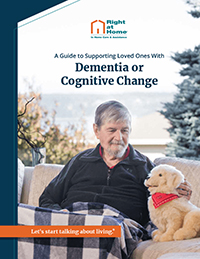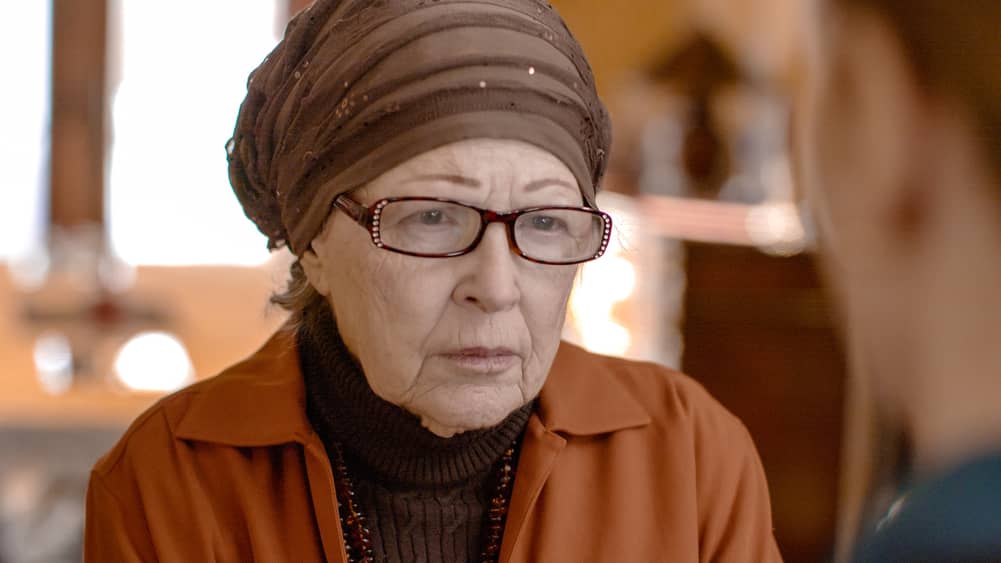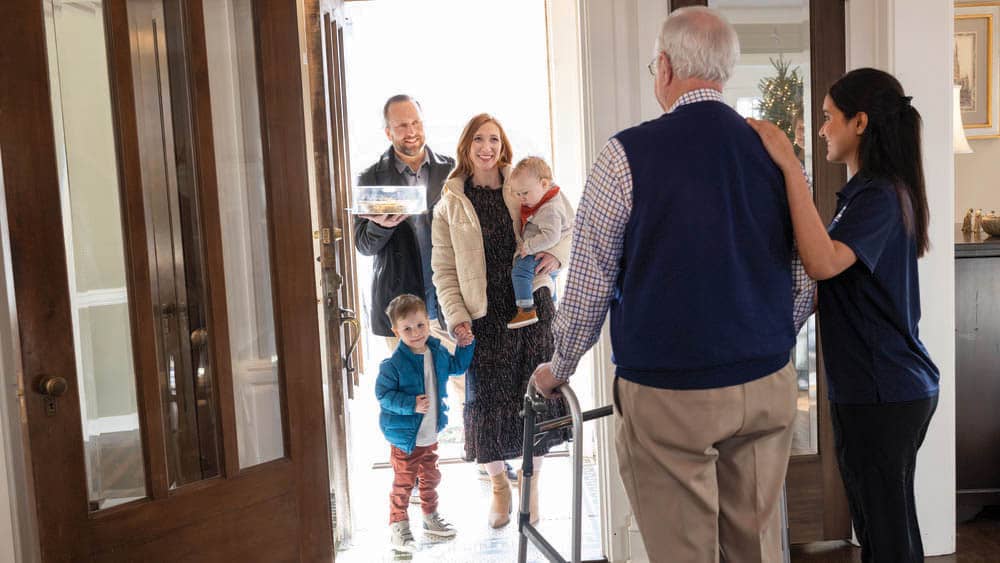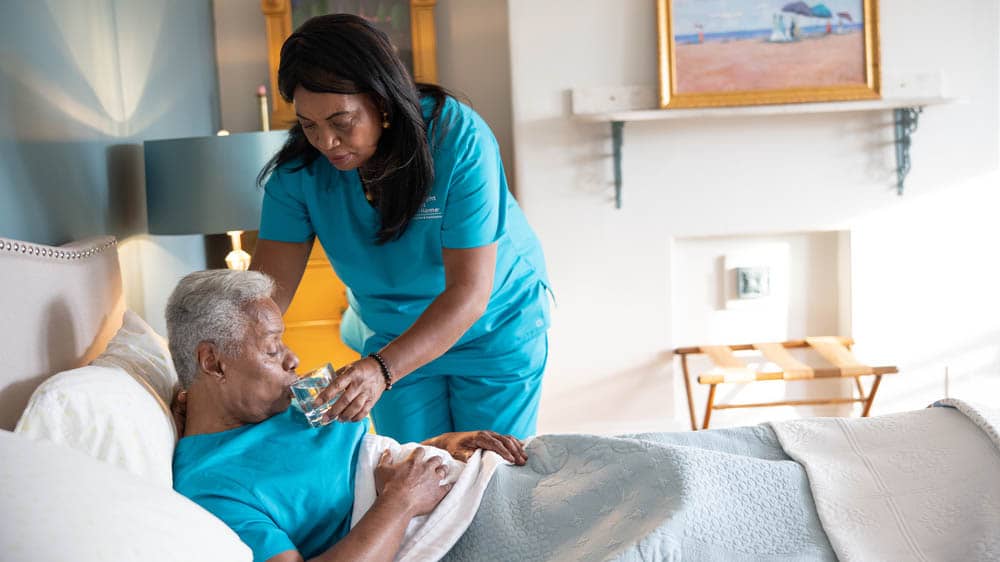

Elder Abuse 101: Types, Warning Signs, and Prevention
Elder abuse is a serious problem worldwide, affecting millions of older adults yearly. And it isn’t getting better; according to the World Health Organization, abuse of older people is predicted to increase as many countries are experiencing rapidly aging populations.
June 15 is World Elder Abuse Awareness Day, marking a good opportunity to raise awareness about the issue and spread education. It is important that people of all ages understand the abuse that many older people experience, how to spot the signs, and what steps to take to protect our aging loved ones.
What Is Elder Abuse?
Elder abuse involves any intentional, knowing, or negligent act by a caregiver or any other person that causes severe risk or harm to an older adult. Elder abuse affects older adults across all socioeconomic backgrounds, cultures, races, and ethnicities. At the same time, certain factors can increase an older person’s risk of experiencing abuse. These include social isolation, cognitive impairment, and physical health problems.
Elder abuse can happen at home or in a long-term care facility. However, about 1 in 10 adults age 60 and older experiences abuse at home.
Abuse of older people can lead to severe physical and emotional consequences. It can lead to physical injuries, such as bruises, fractures, and even death. The psychological effects include distress, anxiety, depression, and post-traumatic stress disorder (PTSD).
What Are the Types of Elder Abuse?
Elder abuse can come in many forms, including the following:
- Physical abuse occurs when someone causes bodily harm to an older person by hitting, pushing, slapping, or restraining them.
- Emotional or psychological abuse refers to verbal or nonverbal behaviors such as yelling, threatening, cursing, isolating, humiliating, or ignoring an older adult.
- Sexual abuse involves unwanted or forced sexual interaction of any kind with an older adult.
- Financial abuse involves stealing money or belongings from an older adult. This can include forging their name, cashing their retirement and Social Security benefits without permission, or using a financial power of attorney to enrich oneself.
- Neglectful abuse occurs when a caregiver fails to provide the necessary care and support an older adult requires. This can include withholding food, water, medication, personal hygiene, or access to health care.
- Abandonment involves leaving an older adult who needs help alone without access to care.
What Are the Signs of Elder Abuse?
Recognizing the signs of elder abuse is critical. Unfortunately, some seniors may be afraid or unable to report elder abuse, so it’s important that their loved ones watch for warning signs.
Telltale signs of elder abuse include:
- Unexplained bruises, marks, broken bones, burns, scars, or abrasions
- Untreated bedsores
- Poor hygiene
- Unexplained weight loss
- Uncharacteristic mood changes such as depression or anxiousness
- Withdrawal from previously enjoyed activities
- Changes in their financial situation, such as unpaid bills or large bank withdrawals
- Impatient or dismissive caregivers
What Should You Do if You Suspect Elder Abuse?
Unfortunately, only one out of every six instances of elder abuse is reported. So the first step to take if you suspect elder abuse is to report it! Don’t let fear or doubt stop you from reporting your suspicions. If possible, attempt to speak with the older adult alone and let them know you’re there to help.
The following resources can provide you with information on how to report elder abuse:
- Contact your state’s National Adult Protective Services Association.
- The National Center on Elder Abuse has a directory listing of state reporting numbers, government agencies, and state laws.
If you suspect an older adult is in urgent danger, don’t wait; call your local police immediately to get help.
How Do We Prevent Elder Abuse?
Elder abuse is a serious and growing problem that needs more attention and action from everyone. Our older loved ones deserve to be protected and treated with respect, love, and dignity.
Prevention requires a collaborative approach involving awareness, education, and, most of all, intervention. We must educate ourselves and others about recognizing the signs of elder abuse. By recognizing the signs of elder abuse and knowing how to report it, we can work together to prevent and stop the abuse of older adults.
How Right at Home Can Help
Right at Home can help ward off senior social isolation and keep older persons engaged and active through companionship and personal care services. Our trained and insured/bonded caregivers also can provide watchful supervision for frail seniors. Contact your local Right at Home office today and ask for a FREE in-home consultation.

Supporting Loved Ones With Dementia or Cognitive Change
Right at Home’s approach to dementia care and cognitive support is built on the belief that every person living with dementia or cognitive change can interact with their surroundings and connect in new ways with their loved ones.







